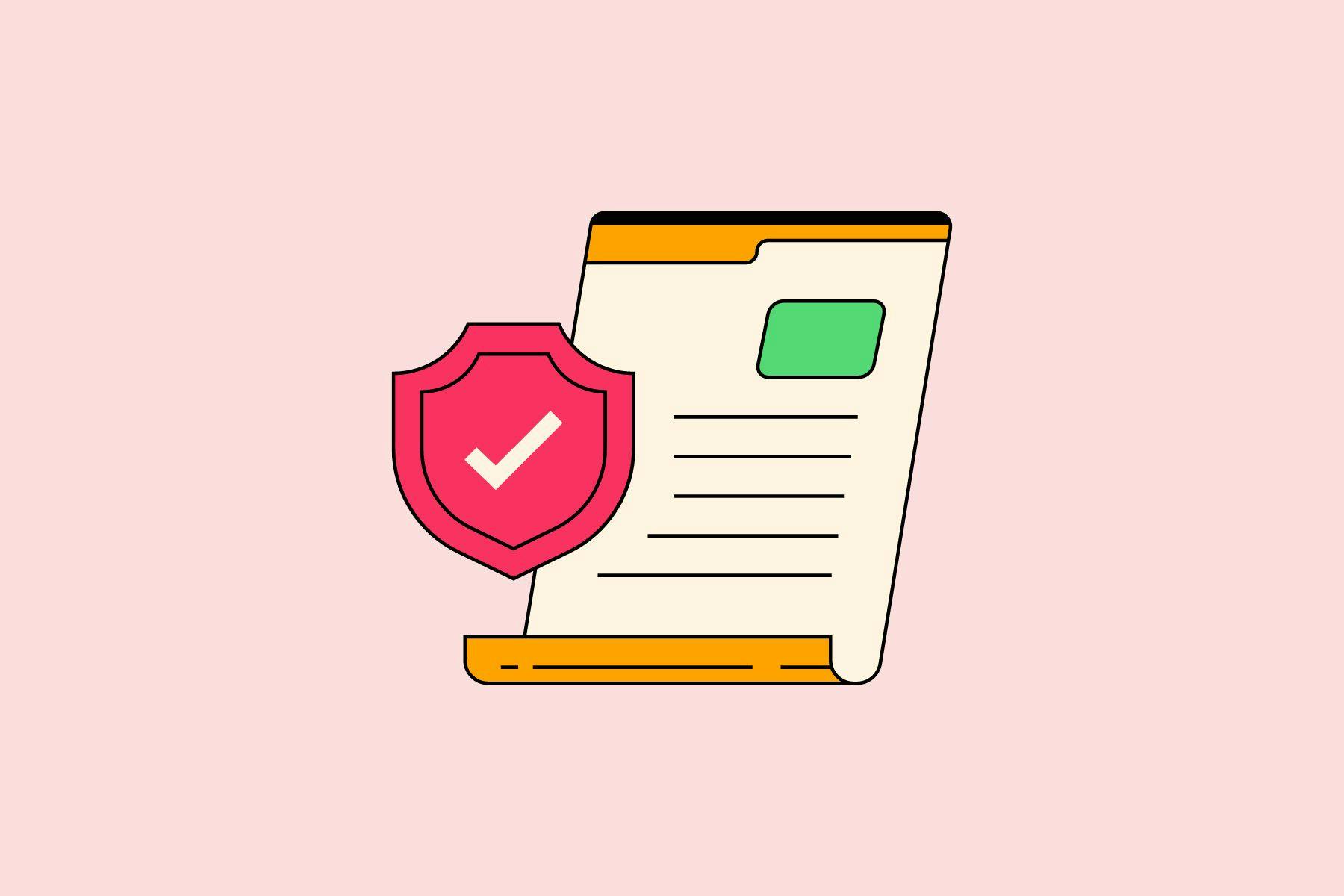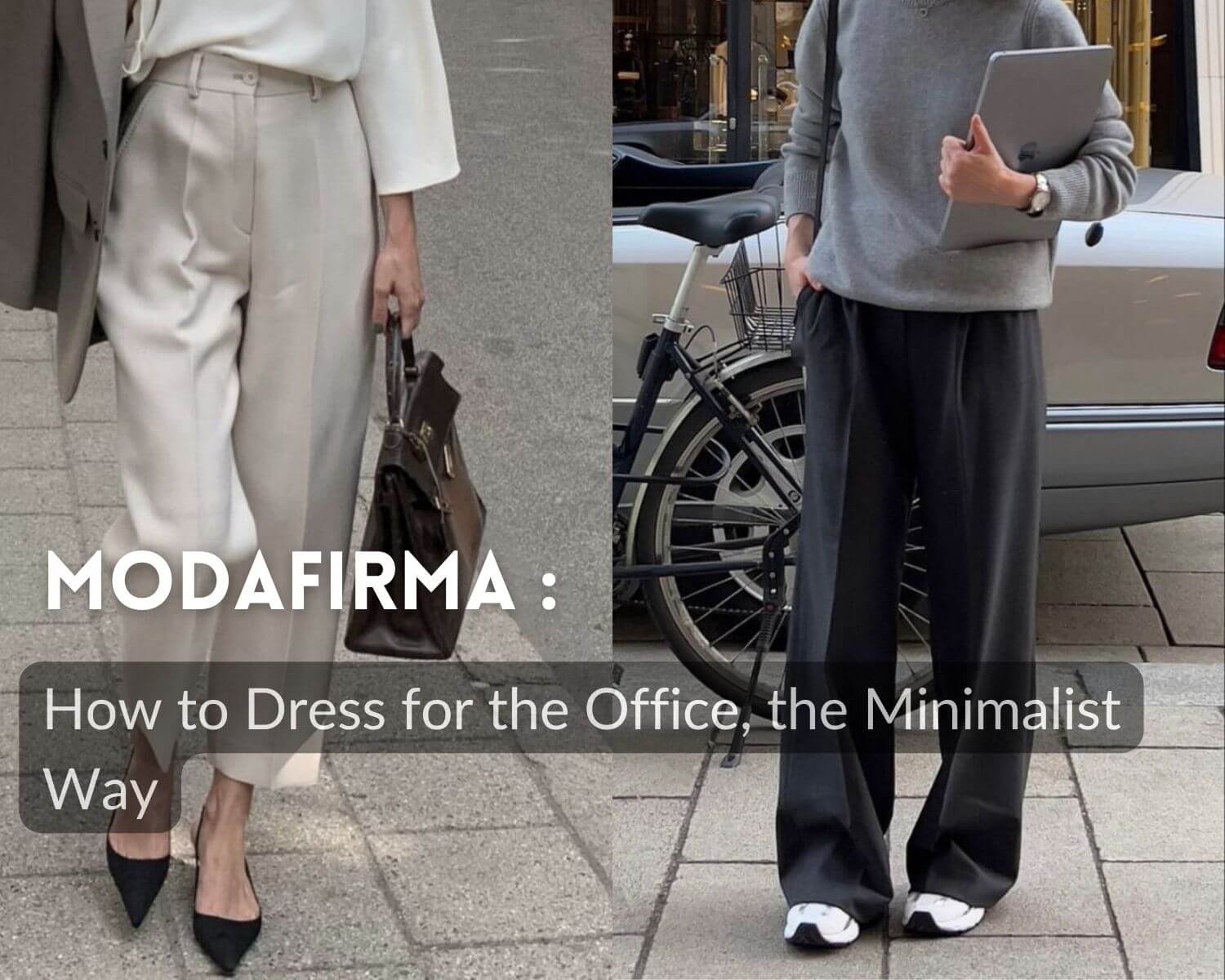Table of Contents
It’s time to shelve your worries about claims and hit “add to cart” on product liability insurance! (Too much? We’ll dial it back). There’s an easy way to safeguard your business and it starts with protecting the products you sell. But what exactly does product liability insurance do for retailers? That’s what we’re here to talk to you about today.
“Product What Insurance?!”
Before we dive into the nitty gritty insurance details, there’s usually one question most people have: Why are there so many different types of product liability insurance?
In short, we can blame SEO for the laundry list of names. There’s also the fact that “product liability insurance” is a mouthful, so some people call it product insurance or liability insurance. All of this, combined with insurance companies still using technical terms, has created a lot of nicknames for this coverage.
You might see these names, but know they all generally refer the same type of insurance:
- Retail product insurance
- Product liability insurance for retailers
- Retailer product liability
- Insurance for retail products
Things might start to differ when you see the phrase “retail insurance,” since that type of coverage tends to go beyond what we are talking about today. But for the most part, product liability will be the same across the board. Hopefully that clears up some confusion.
Now, let’s jump into the insurance!
What Product Insurance Covers
Product liability insurance helps cover retailers for injuries or damages caused by the products they sell. This is super important because retailers can be held responsible for selling a faulty or harmful product, even if they did not make the product themselves.
Product-related Injuries
Let’s say a customer buys some handmade soap you recently started carrying. They end up with an allergic reaction from using the soap that requires medical attention. The customer is now suing the soap maker and you, citing that you should have checked that the product had better warnings on their labels before you sold it.
It’s a frustrating situation to find yourself in. Labeling errors and allergic reactions are not something you thought was your responsibility, but customers trust you to research the items you sell and deliver quality products.
Other types of product injuries you could face claims for include (but are not limited to):
- Choking on product samples
- Food poisoning or foodborne illnesses
- Cuts from broken pieces
- Burns from malfunctioning electrical components
- Injuries or death from faulty furniture anchors
If you face a product injury claim, you could have help paying for a customer’s medical bills and lost wages, and any legal fees you may incur.
Product-related Property Damage
Have you ever had a product say it would do something, and then it doesn’t? Maybe a cleaner says you can enjoy a streak free shine, but it leaves a greasy film on your windows. Or maybe an adhesive wall hanger says it easily peels off without damage, but you end up staring at a piece of drywall attached to the back of the hanger.
You might not be the one doing the quality check on products, but you’re likely the first place an upset customer will contact when a product fails them. Not only do they want their money back, they also want someone to pay for the damages caused (and that can add up real fast).
Some common property damage claims retailers experience are:
- Fire damage from electrical parts
- Scratches, scuffs, and stains
- Water damage from faulty parts
- A cleaner stripping paints or finishes
- “Semi-permanent” products leaving permanent marks
Property damage claims can include the cost of lawsuits, cleaning fees, product refunds, repairs, remodels, and replacements. Just think about it: if a single washing machine valve you sold fails and floods a customer’s home, you could easily be looking at thousands of dollars in repairs, clean-up, and legal fees.
Manufacturing Defects & Product Recalls
A product can become defective long before it lands on your shelves. Errors during manufacturing, mistreatment while stored, damage from shipping, and more can lead to a faulty product on your floor or website.
These incidents are of no fault of your own, but they can be detrimental if they lead to injuries or damages. Add a product recall on top of that and it’s sure to be a costly situation.
You didn’t cause the product to fail or hurt someone, so why are you having to pay for accidents and recalls? Since you are the retailer distributing the product, you’re likely to face some legal responsibilities.
Anyone who handles the product before it ends up in a customer’s hands could be named in a product lawsuit. If you’re selling handmade products, there’s a chance the maker used a recalled ingredient but they don’t have the insurance to cover the cost to pull it from the shelves.
This is where product insurance steps in: it may help you cover the cost of claims you’re liable for and the cost of recalling a product.
General Liability Protection
Most product liability policies include general liability insurance. This is pretty standard coverage to have as a retailer; it could help you cover claims of injuries and damages that are caused by your business.
- Slips & Falls — If someone trips over a rug walking into your store, or slips in spilled water, you could help pay for their injuries.
- Property Damage — If you accidentally knock over a case of cherry-flavored soda and the liquid sprays on customers, you could help pay for the damage caused to their personal property.
- Slander & Libel — If you run an ad comparing you to another local retailer and they try to sue you for libel, you could have help covering the legal costs.
- Expo Coverage — If you’re taking your business on the road to attend an expo or business event, you can have the coverage you may need to be a vendor.
Additional Coverages
Each retail business is different and may need to customize your product liability coverage to better fit your needs. Many insurance companies offer “endorsements” or additional coverage you can add to your plan.
Here are some of the most popular additional coverage options Insurance Canopy offers:
- Inland Marine — It’s a weird name, but an invaluable coverage to have. Inland Marine helps to insure the inventory, supplies, and equipment you use to run your business. Insured items are protected while in transit over land and while being stored at your business. If they are damaged or stolen by a third-party, you can have help paying for repairs and replacements.
- Product Recall — This is typically an additional coverage that is not included in a base plan for product liability insurance. It may help you pay for the cost of recalling a product, including notifying customers, removing it from your store, sending it back to manufacturers, or disposing of it. It does not cover lost revenue or refunds.
- Cyber Liability — If you run an online retail store, this coverage is a necessity. It could cover the cost of stolen funds or customer information in the case your business is hacked, attacked, or phished.
- Professional Liability — You might see this coverage referred to as Errors & Omissions. It’s designed to cover you for professional advice you do or do not give. If you tell someone how to use a product, or forget to warn them about something, this could help cover you for those mistakes.
- Additional Insureds (AIs) — Sometimes a manufacturer or importer will require you to have liability insurance and add them as an additional insured before you can sell their products. This helps cover them if a claim is made against your business and they’re named in a lawsuit. AIs could also be a property owner, business, city, or event.
- Workers’ Comp — If you have employees, this coverage may help you pay for illnesses and injuries they sustain while on the job. There is also Employee Benefits Liability which covers errors that occur while administering employee benefit plans.
Product Liability Insurance Cost
Typically product liability insurance can cost $800 – $1,400 a year, which is around $67 – $117 a month, but the price is unique to each retailer. There are a couple of factors that can raise or lower your insurance costs, the most common being:
- Annual Sales — Higher annual sales usually means you are selling lots of products or you sell more expensive products. This means you either have more market exposure which increases your likelihood of a claim, or you have products that could lead to more expensive claims. Both would mean you need more insurance.
- Business Size — Online businesses with one employee are likely to have cheaper insurance than a brick-and-mortar store with 10 employees. The bigger your business, the more coverage you may need.
- Claims History — Someone who has filed a lot of insurance claims in the past might have a risky business that is harder to insure. The more claims you file, the more you pay for insurance coverage.
- Coverage & Limits — If you end up adding additional coverage to your policy, or increase your insurance limits, it’s going to come with an additional cost. However, it’s worth paying for the coverage you need so you can have peace of mind for the “oh-no” moments.
- Product Type — The type of products you need to insure can affect how much coverage you need and how much risk your business will have. Tools and medical supplies are going to need more coverage than tennis balls and bed sheets.
The best way to calculate your insurance costs is to get a quote. It’s free to get a product liability insurance quote with Insurance Canopy. You only need to take a few minutes to fill out an application on our website, and you’ll hear back from an agent within 24 hours (or one business day, depending on weekends and holidays).
From there, you can customize your retail insurance policy and complete your purchase entirely online. You’ll instantly have access to your policy and can start selling with confidence knowing you’re insured.
A Safer Way To Sell
Whether you want to call it “product insurance” or “retail product liability insurance” or your “insurance safety net,” it’s a no-brainer that this type of coverage can help your business stay safe in the marketplace. And that’s what we are here for.
We’re Insurance Canopy, one of the top industry leaders for product liability insurance. It’s our goal to help people like you know how to keep your business safe so you can continue to take over the retail world one sale at a time.
Enjoy less risks and more rewards as a retailer with a product protection plan customized to you from Insurance Canopy today.







